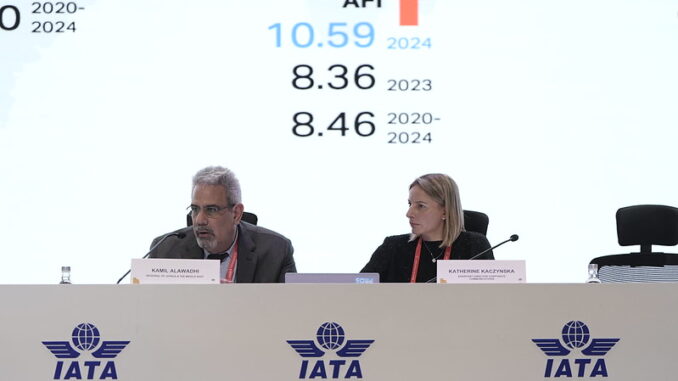
The African commercial aviation sector achieved a remarkable feat in 2024: zero fatalities. This milestone, lauded by the International Air Transport Association (IATA), underscores a growing commitment to passenger safety. However, the industry faces a complex challenge. Despite the absence of fatalities, ten accidents occurred, resulting in the highest accident rate globally at 10.59 per million flights. This figure surpasses the five-year average of 8.46, raising concerns within the travel trade.
A closer look reveals a nuanced picture. While the overall accident rate remains high, IATA member airlines in Africa demonstrated a significantly lower rate of 0.90. This disparity highlights the effectiveness of robust oversight and adherence to global safety standards. For African travel agents, understanding these complexities is crucial for providing informed travel advice and building client confidence.
Several key factors contribute to Africa’s aviation safety landscape. Turboprop aircraft, commonly used for regional travel, experience higher accident rates. Furthermore, systemic weaknesses in runway infrastructure and maintenance pose ongoing challenges. Finally, a need for improved incident reporting and training frameworks persists across the continent. These issues underscore the need for continued investment and collaboration to enhance safety protocols.
In response to these challenges, a collaborative initiative is underway. The Collaborative Aviation Safety Improvement Program (CASIP), launched in June 2023, brings together IATA, ICAO, AFRAA, AFCAC, AASA, and other key partners. This pan-African program aims to identify safety gaps, implement corrective action plans, provide essential training, and promote performance-based oversight. For travel professionals, CASIP represents a significant step towards building a more robust and resilient aviation sector in Africa.
CASIP’s efforts focus on three core areas. First, identifying and correcting operational safety deficiencies through systematic analysis and targeted action plans. Second, providing comprehensive training and capacity building across the continent to enhance skills and foster a stronger safety culture. Third, promoting data-driven safety management by improving incident reporting and making safety data accessible to decision-makers. These initiatives are crucial for creating a safer and more reliable air travel experience for passengers across Africa.
Looking ahead, the growth of African aviation presents both opportunities and challenges. With the air passenger market projected to reach 345 million travelers by 2043, scaling regulatory, operational, and safety systems is paramount. This growth trajectory underscores the urgency of CASIP’s mission and the importance of continued investment in aviation safety infrastructure and training. For African travel agents, staying informed about these developments is essential for navigating the evolving aviation landscape and providing clients with the most accurate and up-to-date travel information.
The progress made in 2024, with zero fatalities, demonstrates the potential for positive change. However, the high accident rate serves as a stark reminder of the work that still needs to be done. By understanding the complexities of African aviation safety, travel professionals can play a vital role in promoting safe and reliable air travel across the continent. The collaborative efforts of CASIP and its partners offer a promising path forward, paving the way for a more secure and prosperous future for African aviation.
